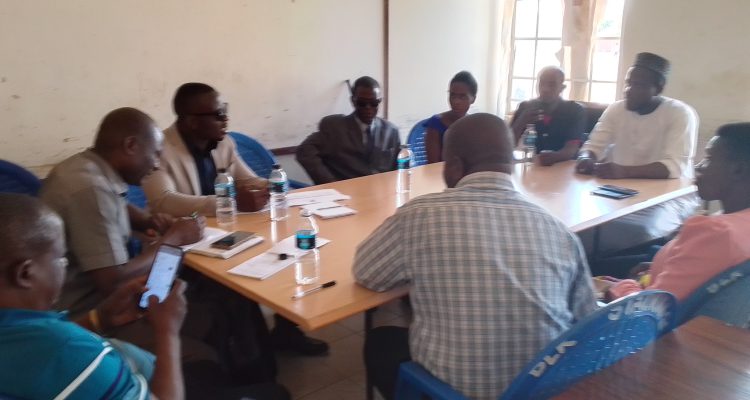
Authorities have described discrimination of people bordering on tribalism, regionalism and race as a setback in the realization of the Malawi 2063 agenda development blueprint.
Economist in the Department of Unity in the Ministry of Local Government, unity and Culture, Lwitiko Rodney Munkhondia, said the vice retards the the development of the country in various aspects, calling on different stakeholders to play proactive roles in ending the vice.
Speaking in an interview with Malawi24 on the sidelines of a stakeholders engagement meeting in Balaka, Munkhondia highlighted the need for people to embrace mindset change as stipulated in the Malawi 2063 agenda.
“As a country, we need to embrace mindset change and refrain from any acts of discrimination, whether on the basis of tribe, regionalism or race.
“To be an inclusively wealthy nation, we need to ensure that we do not discriminate against anybody, and everybody should be inclusively involved in the development processes, but also, most importantly, everybody should benefit from the fruits that the country brings forth,” said Munkhondia.
One of the participants in the meeting, Henry Zekeria, believes that, for instance, discriminating against people in terms of job opportunities may cripple the expected output of workers.
“Some people are not given job opportunities just because of their religion, tribe or where they are coming from. This trend is detrimental because it leads to poor results yet those deserving the job are left out,” lamented Zekeria.
The Ministry of Local Government, unity and Culture is currently collecting data on issues of discrimination bordering on tribalism, regionalism and race in the country.
The Malawi 2063 agenda aims to transform Malawi into a wealthy and self-reliant industrialized ‘upper-middle-income country’ by the year 2063.














